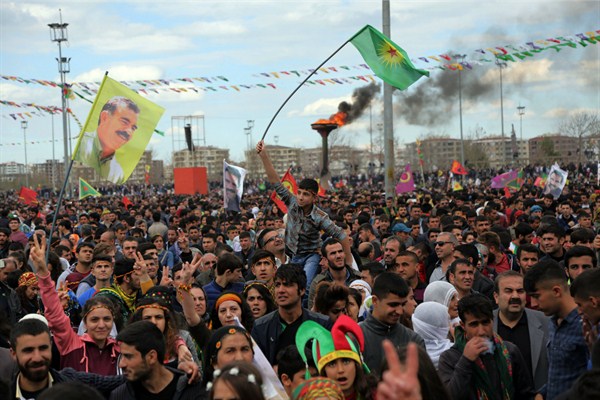Growing disorder throughout the Middle East has created the possibility for major changes to the status of Kurdish minorities in Iraq, Turkey and Syria. At a time when the region is shaken by sectarian divisions and upheavals, Kurds have emerged as critical actors in providing security and stability. Kurdish military gains in Syria and Iraq, along with initial political gains in Turkey after last June’s elections, gave a boost to their self-confidence in 2015. However, with internal challenges and unending battles, that self-confidence has since been punctured.
In December 2015, Massoud Barzani, the president of Iraq’s semiautonomous Kurdistan Regional Government (KRG), instructed senior party officials to work on preparations for holding a referendum on independence in 2016. Despite long being the dream for all Kurds, calls for independence have not created much public enthusiasm. Economic problems overwhelm all other considerations. Since 2004, Iraq’s central government has cut funding for the KRG as punishment for exporting oil without Baghdad’s consent. Coupled with the steep decline in oil prices and rising costs of the fight against the self-proclaimed Islamic State, Iraqi Kurdistan’s economy is slumping.
While the KRG insists on keeping the independence issue on its agenda, many Iraqi Kurds are not convinced that the time is right. Instead, they view independence as the government’s tactic to distract people from the real crisis—political and economic—in Kurdistan and the rest of Iraq. During a visit to Erbil last July, one opposition member told me that the idea of independence has in practice benefited only a small number of elites in justifying their poor decisions and actions and that now most Kurds have other priorities, namely stability and prosperity.

